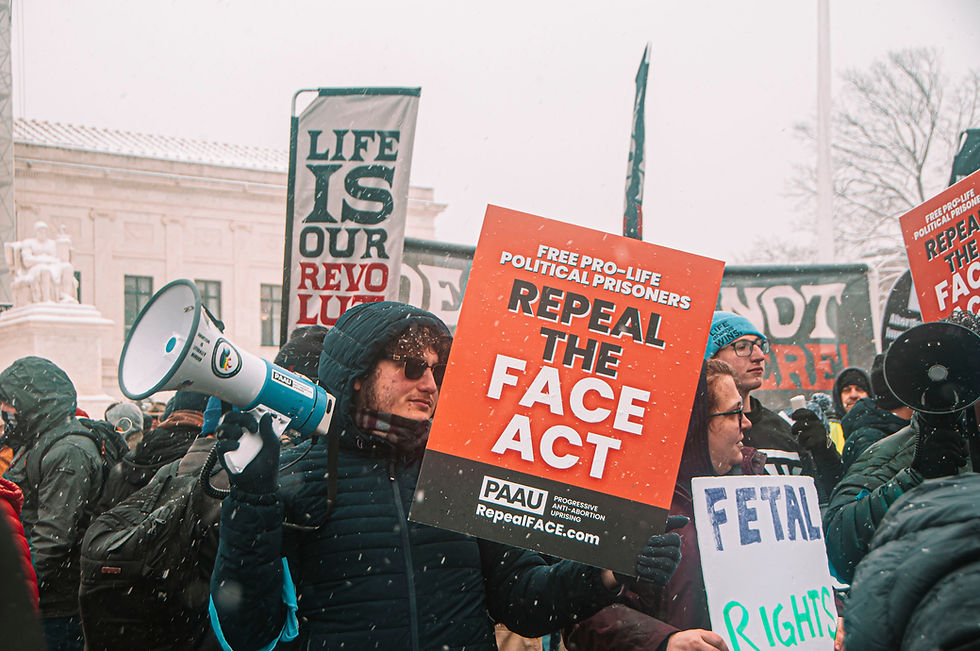The Human Cost of White House Word Games
- lifemattersjournal

- Jul 27, 2013
- 3 min read
BY NICHOLAS R. NEAL
The Obama administration has once again shown its shockingly obvious use of wordplay. The New York Times reports that the White House will not determine whether the military overthrow of a democratically elected government in Egypt is a coup or not.
"We will not say it was a coup, we will not say it was not a coup, we will just not say," a White House official said.
The White House doesn't need to use the word "coup" in order to clarify the issue to the American people. Virtually anyone who has the vaguest idea of what "coup" means would recognize what happened in Egypt as being a coup. The White House's comical tip-toeing around the issue is to ensure that it will not have to cut off foreign aid to Egypt. The New York Times reports:
Under the terms of the Foreign Assistance Act, no aid other than that for democracy promotion can be given to "any country whose duly elected head of government is deposed by military coup d’état." The law does not allow a presidential waiver, and stipulates that aid cannot be restored until "a democratically elected government has taken office."
The White House has several reasons for not wanting to cut off foreign aid to Egypt. Namely, that Egypt is an ally in stopping weapon-smuggling to Hamas. Whether one thinks these are good reasons or not, it cannot be denied that the Obama administration has used wordplay to avoid the rule of law or to conceal state action -- and not for the first time.
In 2011, when President Obama launched tomahawk missiles into Libya (killing Moammar Gadhafi's grandchildren in the process), it was never called a "war." As Politico reported, it was instead referred to as a "kinetic military action." This was because the attack on Libya did not meet the requirements of the War Powers Act of 1973 (which is ironic, considering that it was meant to expand the war-making powers of the President). So the way President Obama resolved this legal dilemma was to call the bombing of another sovereign nation something other than "war."
The same is true for his policy of citizen assassination, which the White House cannot call "assassination" because assassination is illegal. So instead the murder of U.S. citizen Anwar al-Awlaki and his 15-year-old son is called a "targeted killing" by the President. Speaking of targeted killing, let's not forget the Department of Justice's legal memo that broadly defined "imminent threat" as anything deemed "imminent" by the administration -- not the actual definition of "imminent," as in "ready to take place."
The administration has also used wordplay to mislead the public about the number of civilian casualties caused by U.S drones, the most infamous example being the administration's practice of labeling any military-aged male killed by drone use as a "militant."
These types of euphemisms even extend to Obama's comments on abortion. As a presidential candidate in 2008, he was asked by Rick Warren when a baby's rights begin. He totally avoided this question by stating that the question was somehow "above his paygrade" to answer. In his 2013 speech at a Planned Parenthood conference, President Obama did not mention the word "abortion" once, but instead euphemistically employed the ever-so-vague word "choice."
The point of this blog post is not to criticize Obama per se. He is certainly not the first president to employ such word games and unfortunately will not be the last. The point is to say that these types of verbal gymnastics have real human costs, and because of that, a consistent life ethic analysis of politics should be wary of such wordplay.



Comments